
Our research
Agricultural water management
Water is critical to food security across the world, with agriculture accounting for over 70% of global freshwater withdrawals. However, expanding populations, climate change and growing concern for the health of freshwater ecosystems mean that new solutions are urgently required to increase food production while reducing pressures on finite water resources.
Our research combines crop-water modelling, earth-observation techniques, and micro-economic analysis to study the interactions between water, food production and the environment. Our work seeks to understand how farmers make decisions about water and energy use in crop production and applies this knowledge to design policies for resilient, sustainable and economically efficient agricultural water management.
Research focus
- Agricultural groundwater use and management
- Smallholder agriculture and irrigation development
- Precision farming and irrigation systems
Recent projects
Our research is highly interdisciplinary and involves frequent collaborations with academics in the UK and globally, international organizations (UN FAO), government agencies (USDA, NOAA), and private agri-business companies. Among others, NERC, RCUK Global Challenges Research Fund, and NOAA have funded our recent work. Information about current research activities within the agricultural water management theme can be found on Dr Tim Foster’s research group webpage, and users can download our free, open-source crop model tools from the AquaCrop-OS website.
Key contacts: Tim Foster, Julien Harou
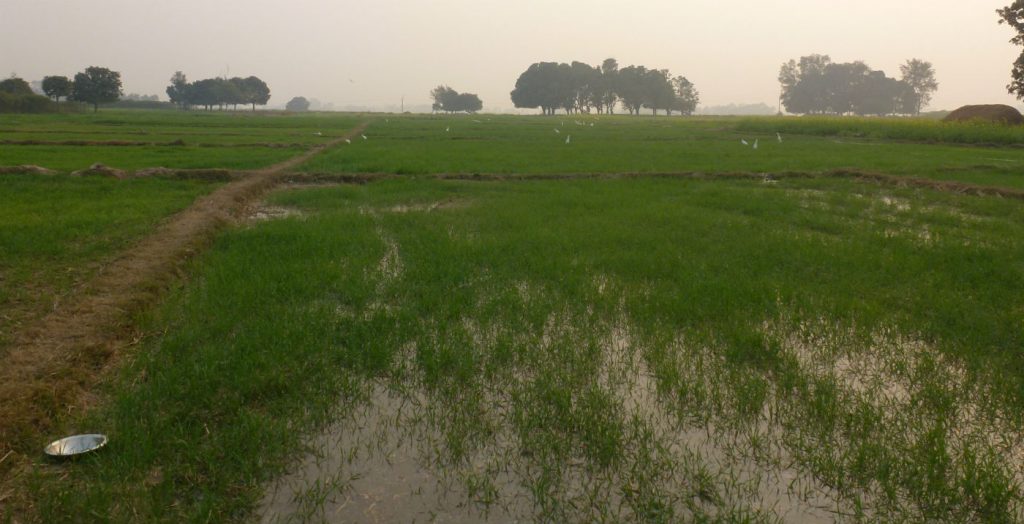
Our research develops solutions to improve resilience of farming communities worldwide to drought and water scarcity
Environmental hydraulics and hydrology
Efficient and safe use of water resources requires accurate forecasts of water availability. Often the quantification of the water resource available must be complemented by the characterisation of water quality, which is affected by point and non-point sources of pollution in rural and urban areas.
Our research aims to develop modelling resources for assessing the impact of pollution sources and extreme hydro-meteorological events on the natural and the built environment, with a focus on hydrological and hydrodynamic processes that affect water quantity and quality.
We use a combination of analytical and computational approaches to describe physical flow and transport processes in surface water and groundwater systems, and to quantify the uncertainty in model predictions. In collaboration with industrial partners and government agencies, we seek to integrate hydro-environmental models into decision-making frameworks for environmental management.
Research focus
- Data assimilation and uncertainty analysis of hydro-environmental models
- Flood-risk assessment and management
- Surface water-groundwater interactions
- Sediment transport and morphodynamics
Recent projects
We have a range of collaborators and funders in this field including the Environment Agency, Defra, environmental consulting firms, river basin agencies and governments. We collaborate with academics in the UK and globally in a multidisciplinary context.
Key contact: Andrea Bottacin-Busolin
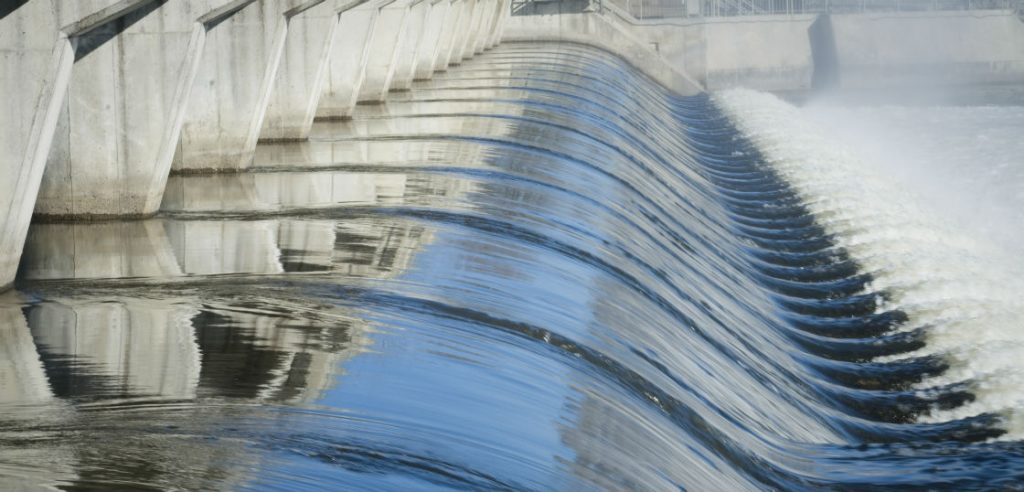
Hydropower systems
Hydropower is the world’s leading renewable energy source and currently the only renewable technology that can be used to store large amounts of energy. We research system-scale planning and management of hydropower under an uncertain future. We’re interested in how hydropower assets serve the wider power system and how hydropower can enable intermittent renewables like solar and wind. We seek to ensure multi-reservoir hydropower systems are designed, built and operated to maximise economic, environmental and social benefits, while minimising adverse impacts.
Research focus
- System scale design of water-energy systems
- Allocation, markets and operating rules for hydropower dams
- Climate change adaptation
- Integration with energy planning, including renewables
Recent projects
Projects in the last five years have focused on hydropower system planning in several countries, including Kenya, Ghana, Nepal, Myanmar, Tanzania and the Nile countries. We have a range of collaborators and funders in this area including the World Bank, the IFC, TNC, IHA, IUCN, Dfid, WWF.
Key contacts: Julien Harou, Andrea Bottacin-Busolin
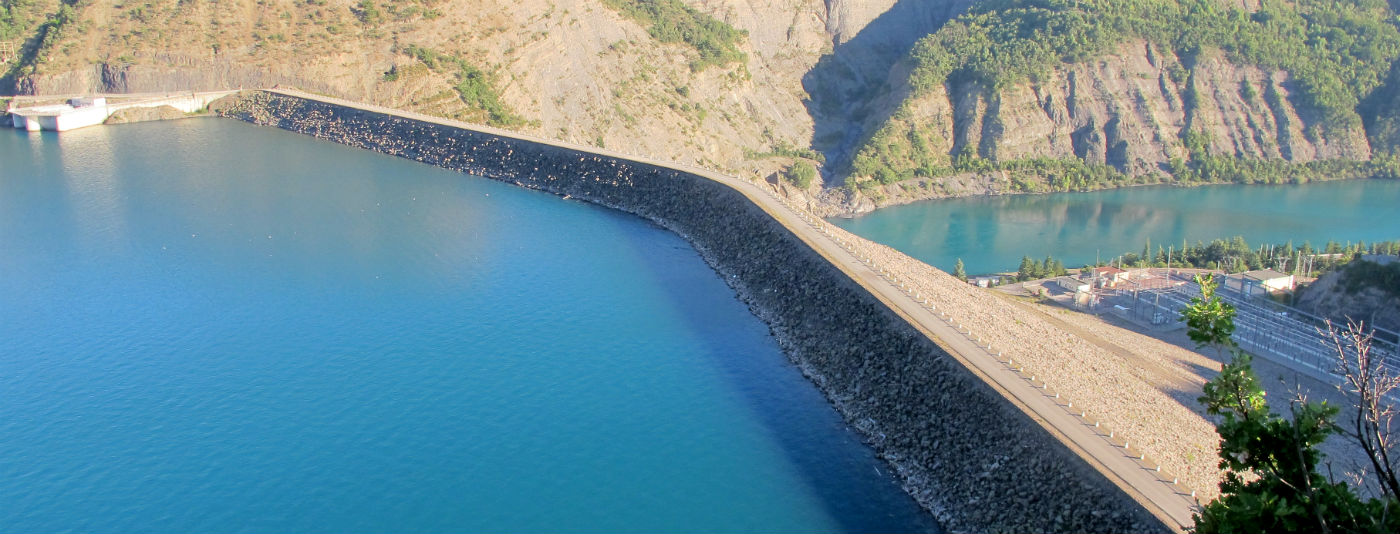
How should hydropower co-exist with the environment, and wider energy systems?
Infrastructure system analytics
Infrastructure expansion planning is one of the most sophisticated, hard to solve and interesting engineering problems of today. It has been referred to as a ‘wicked problem’ and has been adopted as a core application of the emerging decision-making under deep uncertainty science.
The challenge requiresevolving from a technocratic, least-cost, capacity-expansion view to a societal challenge aiming to design robust, resilient, adaptive, equitable and sustainable human interventions in complex socio-natural systems. Our group is at the cutting edge of research related to water resource system design and management under uncertainty, with applications both in the UK and globally.
Research focus
- Mulit-criteria design of water resource systems
- Stakeholder processes and tools for infrastructure-system design and negotiation
- Enabling adaptation in water-system planning
- Water-markets and water-allocation policy design
Recent collaborations and projects
Our work in this area is undertaken in collaboration with practitioners from the water sector (water companies, Environment Agency, Ofwat, Defra), river basin agencies, and governments. Examples of recent and ongoing projects include WRE, WRSE, UK water planning guidance, ARCC-Water, TWSTT.
Key contacts: Julien Harou, Andrea Bottacin-Busolin, Tim Foster
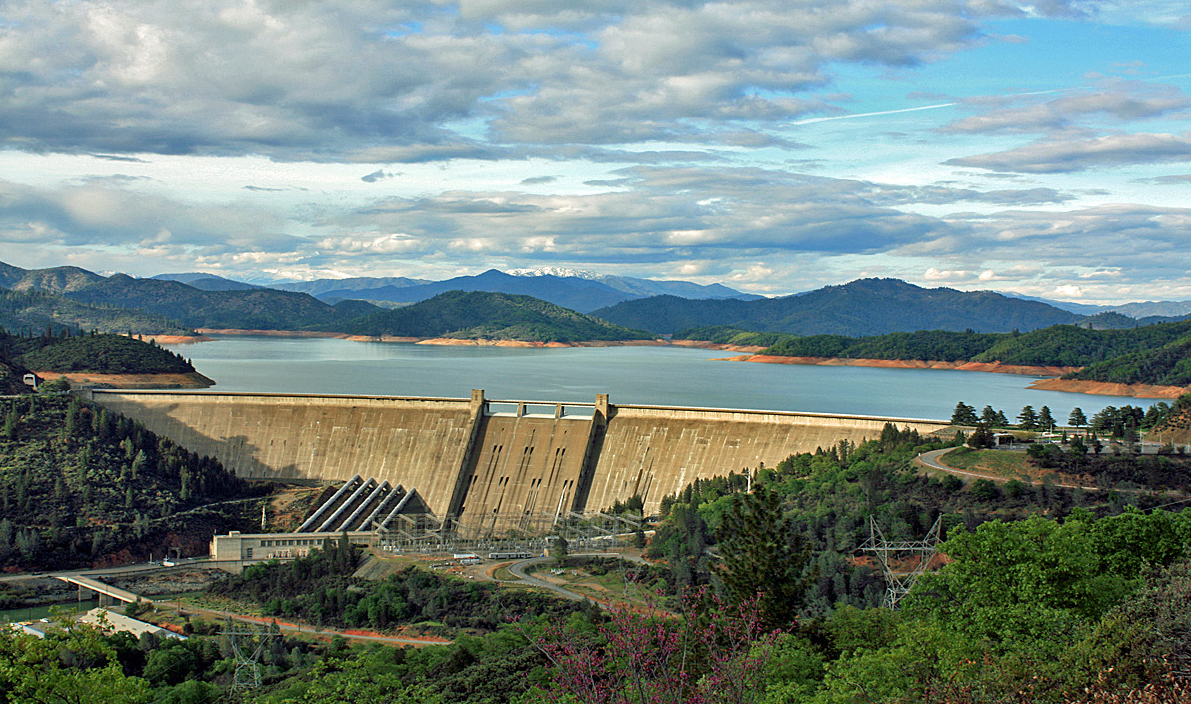
Our researchers work with water planners, managers and regulators to design water policies and infrastructure that best serve society’s diverse needs.
Water-energy-food-environment systems
Guaranteeing the security and sustainability of resource systems (water, energy, food, environment) is one of the 21st century’s leading societal challenges. Engineers have an essential contribution to make to our understanding of the natural and human dynamics of these interconnected systems and to support informed decision-making about system trade-offs.
Our research develops and applies state-of-the-art models and algorithms to simulate and optimise water-food-energy-environment systems, and enable more efficient and sustainable design and management of these resource systems now and under future climatic and socio-economic change.
Research focus
- System-scale design of water supply, hydropower and irrigation systems
- Identifying the trade-offs between services, costs and ecosystem benefits
- Supporting stakeholder learning and negotiated decision-making
Recent projects
Our work in this area has a range of collaborators and funding sources, including the International Union for Conservation of Nature, The Nature Conservancy, WWF, the IFC, the UN FAO. Current projects in this area include FutureDams, an £8m project funded by the Global Challenges Research fund to support the design, management, and operation of water-energy-food-environment megasystems in Sub-Saharan Africa and Southeast Asia.
Key contacts: Julien Harou, Tim Foster, Andrea Bottacin-Busolin
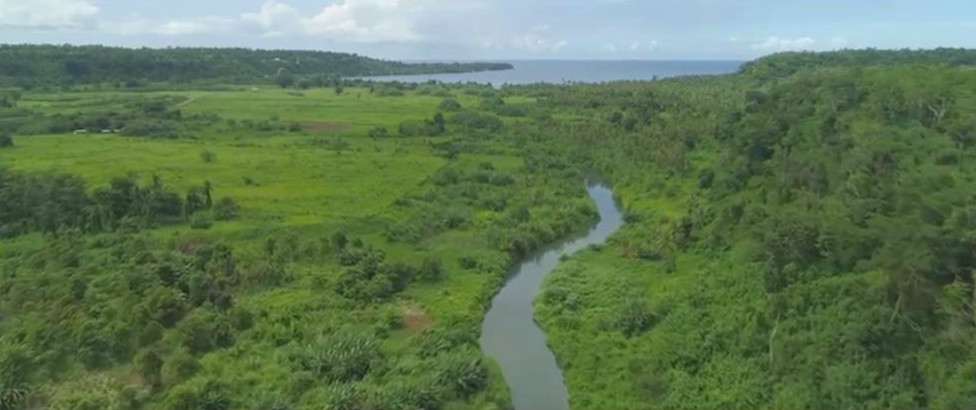
Our modelling helps assess the balance between energy supply and environmental impact
Meet the team
Details and contacts for our academic staff, post-docs and PhD researchers.
Opportunities
Find out about opportunities to research Water Resources and how to apply.

